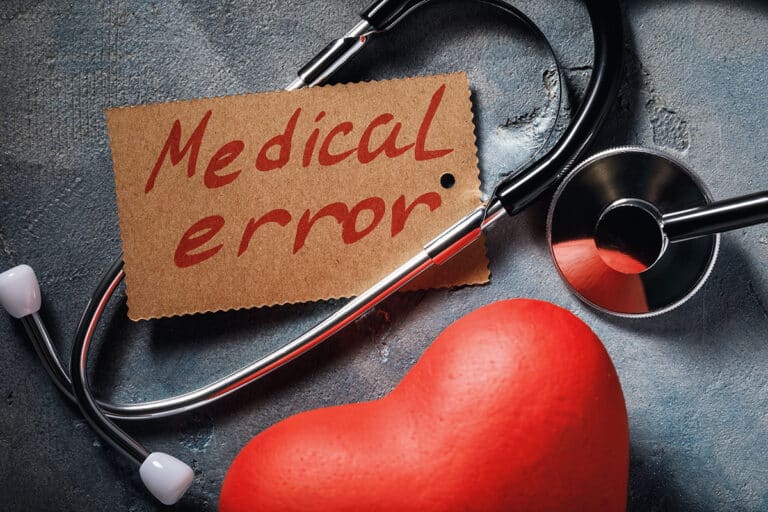No one sets out to make a mistake when providing medical care, but unfortunately, mistakes happen all too often. In fact, it’s been estimated that around 251,000 patients die in the U.S. each year as a result of medical errors, making medical mistakes the third leading cause of death in America. In honor of Patient Safety Awareness Week (March 13-19), let’s take a look at some of the most common circumstances that increase the risk of medical mistakes in healthcare facilities.
Poor Communication
One of the biggest contributors to medical mistakes is poor written or verbal communication–whether between doctors, patients, nurses or other staff members. In a healthcare setting, communication can be complicated by the fact that there are so many people involved in a patient’s care, each with their own role and responsibilities. These complications can be exacerbated by “visiting” doctors and nurses or temporary staff unfamiliar with hospital policies or electronic medical records systems. When communication breaks down, especially during the handoff from one caregiver to another, one person may not be aware of what has and has not been done with the patient, could misread the dosage of medication, etc.
Poor Workflow Management
When the workflow in a healthcare setting is not well organized and coordinated, it can lead to confusion and chaos, which can easily lead to mistakes. For example, if nurses are constantly running between patients and doctors are writing orders without having time to review them, it increases the chances for mistakes to be made. Similarly, if patients are being transferred between departments or from one hospital to another, it can create chaos and confusion about their care and medications.
Understaffing
Simply put, understaffing leads to fatigued healthcare workers. When nurses, doctors, and other staff are overworked and overtired, their attention to detail diminishes and the chances of making a mistake increase. In fact, research has shown that the number of hours worked per week is one of the biggest predictors of medical errors.
Poor Inventory Management
Another common factor that leads to medical mistakes is poor inventory management in the healthcare facility. This can include everything from shortages of essential supplies and equipment to improper labeling, storage, and tracking of medications, to poorly maintained or malfunctioning medical equipment. Any or all of these issues can lead to inadequate treatment at best, and serious, life-threatening mistakes at worst.
Poor Workplace Culture
When the work culture of the healthcare facility is one of constant stress and chaos, it greatly increases the chances that those workers will make mistakes with patients. A hostile or punitive work environment also leads to worker burnout and can cause healthcare workers to become defensive and less likely to report mistakes.
Any or all of these risk factors point to medical negligence when they cause doctors and nurses to make medical errors in your treatment. If you or someone you love has suffered from this kind of negligence, you need a good attorney in your corner to make sure you get the compensation you deserve. Call our offices today for a free consultation.







